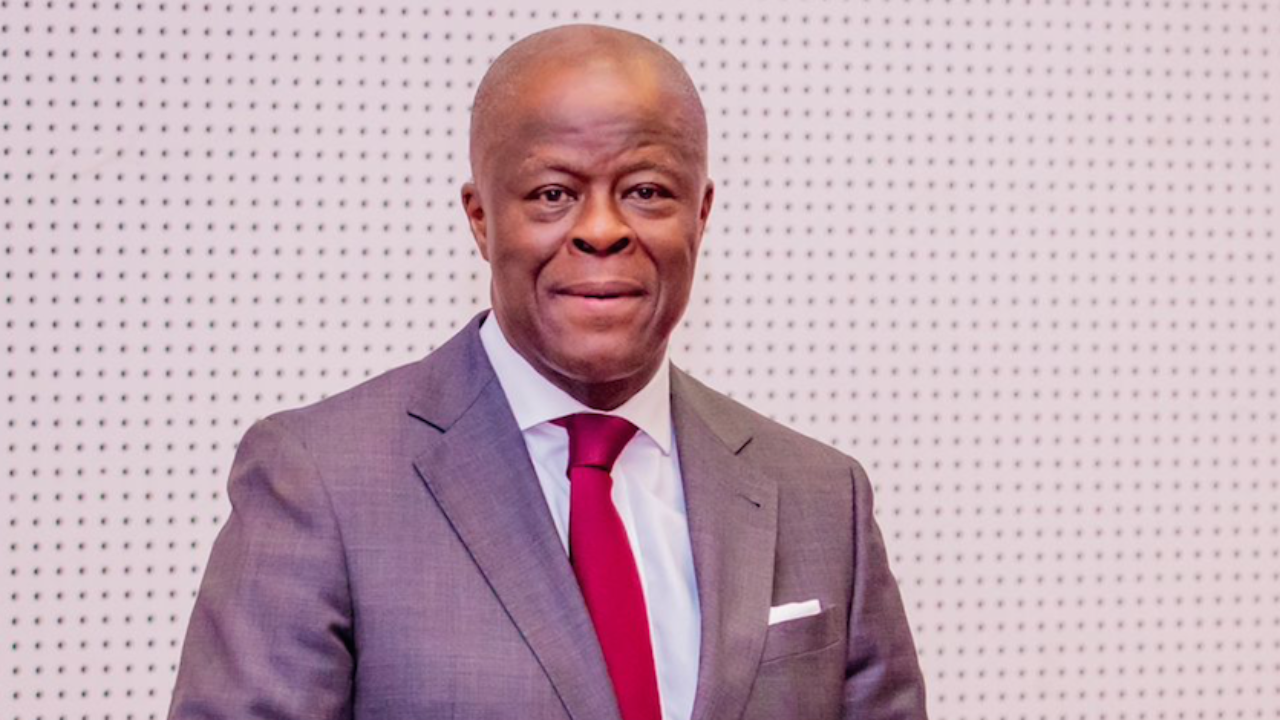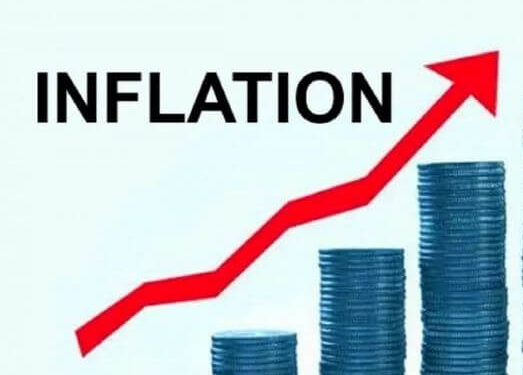Nigeria’s Ministry of Finance has unveiled the Incentive Monitoring and Evaluation Platform (IMEP), a cutting-edge computer system meant to make it easier to keep an eye on the tax costs connected to import duty exemption certificates.
In a statement released on Tuesday, Wale Edun, Minister of Finance and Coordinating Minister of the Economy, said it was part of a larger plan to cut down on tax spending and make sure that fiscal policies were helping the country’s economy grow.
Edun said the IMEP was meant to change how the Federal Ministry of Finance figures out how much the tax breaks for businesses, non-governmental organizations, and foreign groups affect the economy.
Since President Bola Tinubu took office, Nigeria’s government has been trying to change the country’s fiscal and monetary policies. This has led to bold moves by both the central bank and the tax advisory committee run by Taiwo Oyedele.
Edun said the ministry wanted to improve the monitoring and review of these exemptions by putting in place a strong automated tool. He talked about how the IMEP has many useful features, such as a mechanism for clawing back duties, electronic report generation, a central database for tracking, factory geo-location tagging, industry qualification status validation, integration with many government agencies, and sending demand notices to people who don’t pay their taxes.
“One of the critical objectives of the IMEP is to provide a framework that will prevent ineligible applicants from receiving tax benefits, enforce compliance with fiscal policy measures, and offer a comprehensive analysis of the economic impact of tax incentives.
“By doing so, the ministry hopes to curb the misuse of tax expenditures, support the realisation of economic outcomes from fiscal incentives, and enhance the direct measurement of tax incentives’ effects on the economy,” he noted.
Edun says the system is meant to give a framework to checkmate and limit applicants who aren’t qualified, make sure that strict fiscal policy measures are followed, and give a strong analysis of how tax incentives affect the economy.
“Overall, the introduction of the IMEP represents a significant step towards reducing the cost of tax expenditure and ensuring that tax incentives have a positive impact on the Nigerian economy. This initiative is part of the government’s commitment to fostering transparency, accountability, and efficiency in the management of the nation’s resources,” he explained.
In December, the Nigerian Investment Promotion Commission (NIPC) said it granted three years of tax exemption to 34 companies in 2023.


 VenturesNow2 days ago
VenturesNow2 days ago
 Metro2 days ago
Metro2 days ago
 Musings From Abroad2 days ago
Musings From Abroad2 days ago
 Metro16 hours ago
Metro16 hours ago























